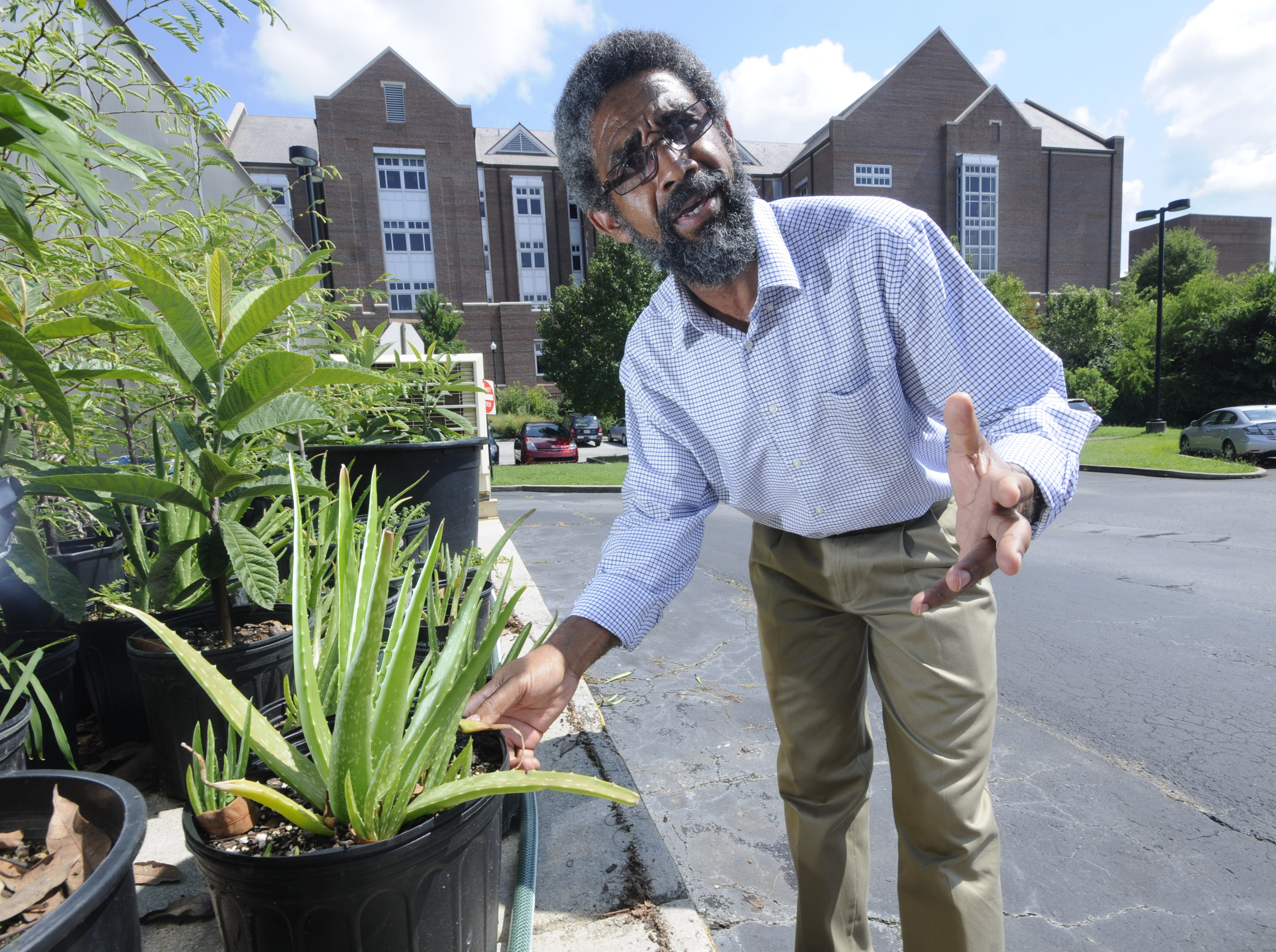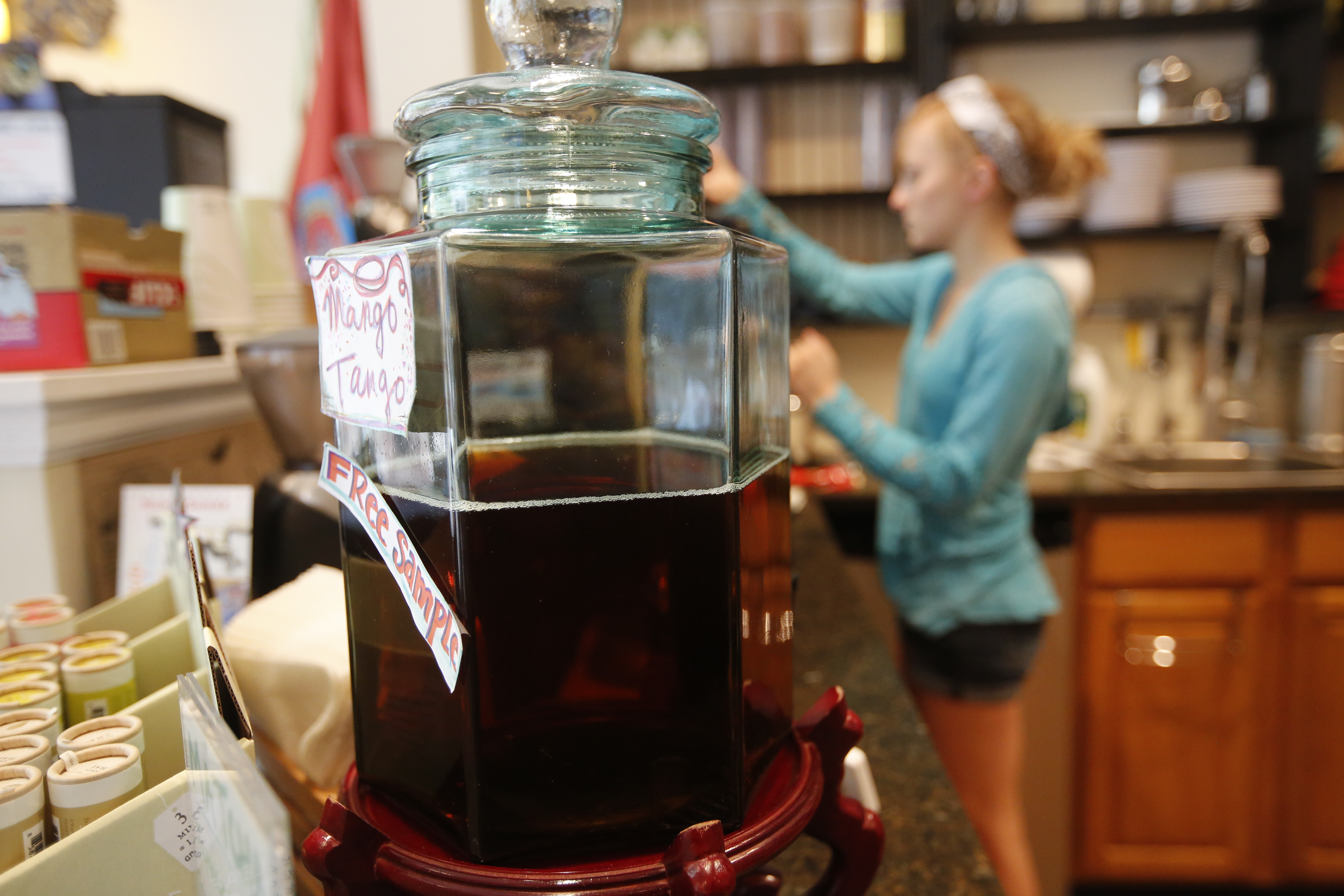DOES BREWING TEA LONGER REMOVE POISONS?No. A team of Indian scientists tested 13 different pesticides. Brewing longer actually increased the amount of water soluble pesticides transferred into a cup of tea. The study was published in the Journal of Agricultural and Food Chemistry in 2001. The United Nations Food and Agriculture Group on Tea recently did a similar study with identical results.
Greenpeace StudyHere are some findings from tea-testing in India.• Of the 49 brands tested, 94 percent were tainted with residues of at least one pesticide.• 34 pesticides found in the different brands• 59 percent of the samples contained cocktails of more than 10 different pesticides.• India's agricultural regulations are chaotic and often conflict, making it difficult for farms to be inspected properly. (Greenpeace's 2014 report on Chinese tea said China's agricultural regulatory system was "in crisis".)• Monocrotophos, a neurotoxicant, was found in half the tea brands.• DDT was banned from agriculture by India in 1989 yet DDT was found in 67 percent of the samples• Respiratory irritant Cypermethrin was in 60 percent of samples at levels that violated World Health Organization standards.Source: Trouble Brewing: Pesticide Residue in Tea Samples from India, released August 2014
The New Moon Gallery and Tea Room is packed with treasures, from what the owner calls the "Stradivarius of wind chimes" to baskets of moonstone opals and glacier blue calcite to the delicate Haitian metal sculpture carved from oil drums.
But the rarest find of all may be a cup of tea utterly free from pesticide residue.
Patrons who drink organic tea from New Moon's Manufacturer's Road store are much safer than consumers who buy popular grocery store brands, according to a recent study that tested 49 brands of tea sourced from Indian growers - and found them tainted with toxins.
New Moon owner David Wheeler says he keeps his tea lovers safe with an extensive menu of organic tea.
"When organic is not an option, I am buying tea from a supplier I can trust and have known for years; her family has owned a sustainable growth tea plantation for generations," Wheeler says. "Her family has an excellent reputation for ecofriendly farming."
Chattanoogans who buy their tea in grocery stores - or purchase upscale blends like Teavana - may not be as safe, according to "Trouble Brewing: Pesticide Residue in Tea Samples from India." The study was released last month by environmental nonprofit Greenpeace, which hired an independent laboratory to test 49 packaged brands of tea purchased in India. The lab found unsafe levels of pesticides residue in Lipton, Tetley, Twinings and other British and U.S. brands.
Greenpeace also conducted a 2012 study of tea from China and found dangerous levels of pesticide from plantations that provided tea to American brands, including upscale custom blends and tea designed for children. Neither report shocked one local expert, University of Tennessee at Chattanooga biologist and environmental science professor Jose Barbosa.
"Welcome to the real world," Barbosa remarks dryly. "I don't trust herbal supplements or tea from China. I can't trust the government there to regulate farms efficiently.
"There is no way for an American company to assess whether a farm in China or India is practicing safe use of pesticides on the other side of the globe unless the company sends inspectors over there to document what pesticides are used and when they are used," he says.
"There are certain times of a year when specific pesticides are applied. The manufacturers' guidelines also suggest a specific waiting period before the crop is harvested so the pesticide has time to degrade and diminish. If tea is harvested before its time, the pesticide residue will be higher."
"My advice to American tea drinkers is buy certified organic tea or do what I do; I grow my own herbs and they can be used to make a beverage that has the same nutritional impact as green tea," Barbosa adds.
Barbosa grows his crop of lemongrass, lemon balm, aloe vera, mint and other herbs in the UTC greenhouse. He also owns a tomato farm and sells tomato seeds. He welcomes customers who want to inspect his farm periodically to reassure themselves that he is not using pesticides or fungicides that would harm humans.
On the other side of the world, Greenpeace's report prompted a fascinating response. Two major brands denounced it as alarmist and inaccurate yet, in the paragraphs after the denial, both companies announced their move toward all-organic tea.
Hindustan Unilever Limited, which supplies tea to several Lipton brands, said it is working with its supplier farms to eliminate use of pesticides from its tea cultivation by 2020. The company hired the nonprofit Centre for Agriculture and Bio-Science to evaluate how quickly and economically nonpesticide tea farming could be implemented.
The second company, Tata Global Beverages, said it was launching a Sustainable Plant Protection Initiative that would help farms and plantations that supply Tata to find pesticide-free ways to cultivate tea.
Unfortunately, two years after the Greenpeace report on China tea, China's lax approach to food safety still poses hazards in the United States. Pet treats made of tainted duck jerky from China sickened 503 American dogs this spring; tainted chicken from China scared American humans this summer.
But at Colorado-based Celestial Seasonings, general manager David Ziegert promises that Americans have nothing to fear from his brand, which he says was not associated with the Chinese suppliers examined by Greenpeace.
"We test all incoming agricultural raw materials for commonly used pesticides, herbicides and insecticides associated with these raw materials," Ziegert says. "We reject ingredients when these substances are detected beyond either acceptable limits as defined by government agencies such as the U.S. EPA, U.S. FDA, European Union. Testing is performed by an independent third party laboratory, NFL, an accredited, industry-leading lab with decades of experience designing and executing food safety programs."
And Chattanooga's Pamela Kelle, a registered nurse and licensed nutritionist who calls herself a "food coach", says it is worth the effort to find safe tea to drink for its impressive array of health benefits. After reviewing the Greenpeace reports she offers this advice:
"At this time, the safest decision may be to consume only organic teas and to decrease overall consumption. There are many other ways to achieve the reported benefits of teas such as coffee, and diluted fresh juices or waters flavored with mint, lemons, lime or cucumber and look for teas produced in the U.S. when possible."



